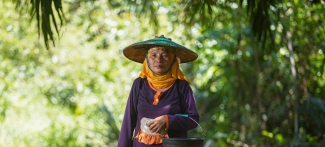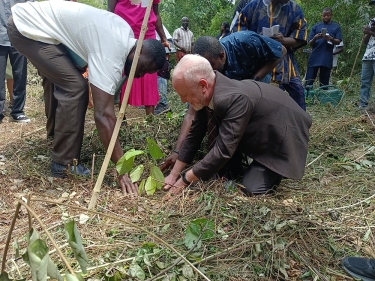Paper on gender dimensions of Indonesian and Malaysian legal frameworks on palm oil relevant to the EU Deforestation Regulation

The European Forest Institute (EFI) has published a paper on gender dimensions of the palm oil industry in Indonesia and Malaysia, developed by its KAMI project.
Gender aspects of palm oil production in Indonesia and Malaysia are complex and multifaceted. Employment vulnerability, occupational segregation, health and safety concerns, wage disparities and gender-based violence are some of the common gender-related issues experienced by the industry. At the same time, the EU Deforestation Regulation (EUDR) requires palm oil and other relevant commodity-producing countries to abide by all laws they have adopted in areas such as land use rights, labour and human rights, and free prior and informed consent.
The paper examines legal instruments adopted by Indonesia and Malaysia to pinpoint where gender dimensions relevant to the EUDR could be applied. It also identifies gaps in the implementation of these legal frameworks, which could potentially result in gender discrimination concerns in relation to EUDR legal requirements. This introductory work highlights how gender issues intersect with broader concerns including human rights, labour rights, and health and safety.
The potential for the EUDR to address gender inequalities in palm oil production in Indonesia and Malaysia through strengthening the enforcement of gender-related requirements warrants further consideration.
EFI invites you to read the paper for greater understanding of these issues.
Download the paper: EUDR relevant gender-related provisions in Indonesian and Malaysian legal frameworks for palm oil production
Photo: Portrait of Partai, oil palm plantation worker in Sabintulung village, Kutai Kartanegara, East Kalimantan. Copyright: Ricky Martin/CIFOR.


